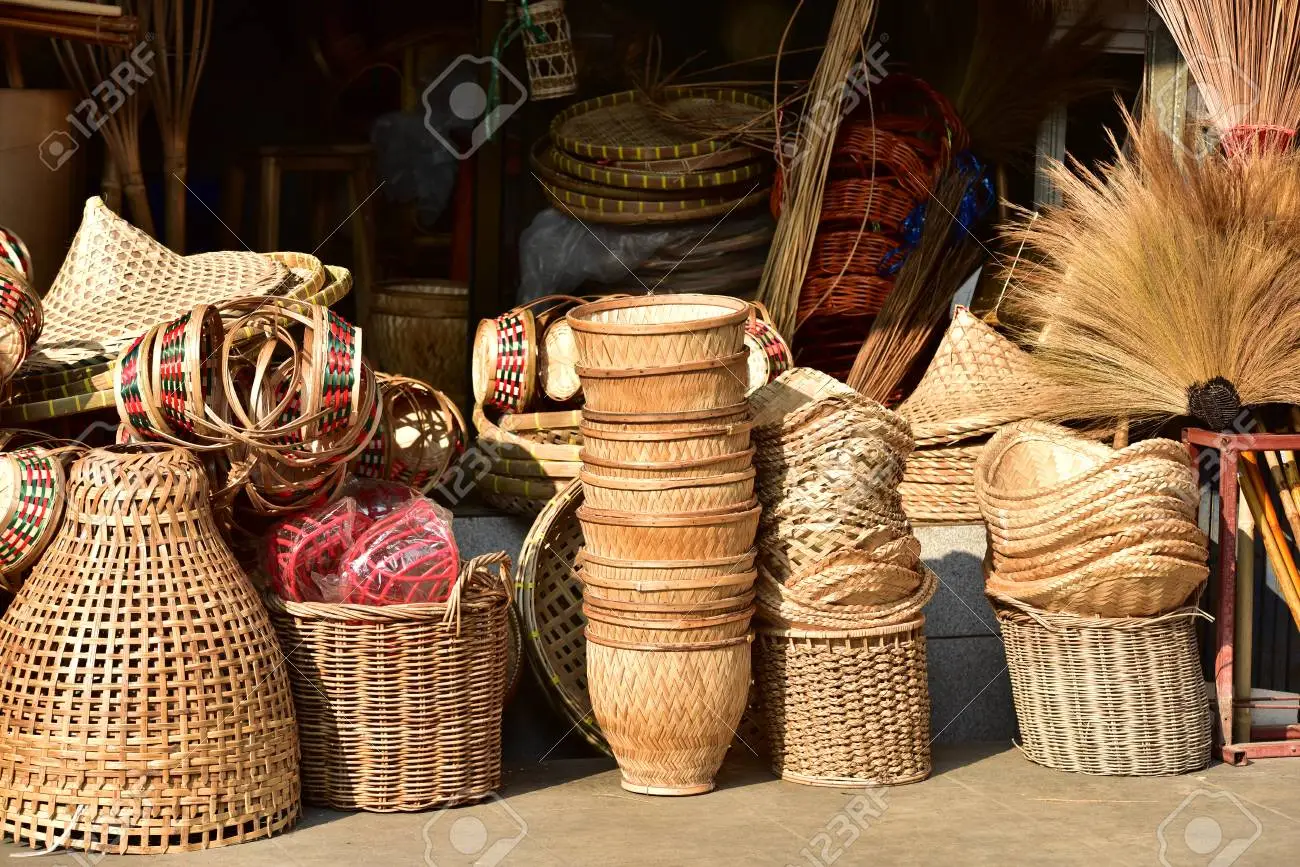










On Thursday, a two-day workshop on the development of the bamboo-based industry will begin here in the national capital, with various innovative, modern, and traditional bamboo utilities on display.
The workshop’s goal is to identify areas for improvement and to explore expert recommendations for transforming the industry for long-term development and economic growth.
The two-day exhibition will showcase products from various states, including but not limited to lifestyle products, construction materials, furniture, innovative and industrial products, and agarbattis.
The exhibition is free and open to the general public. This would be a chance to see bamboo products for those looking for alternative materials for construction and lifestyle products.
The ‘National Workshop on Bamboo Sector Development’ will be launched by Union Minister of Agriculture and Farmers Welfare Narendra Singh Tomar.
“A large number of entrepreneurs and artisans are going to array in the exhibition to mesmerize the people about the multi-faceted roles that bamboo can serve to achieve an eco-friendly lifestyle. The event is being organized with the support of the Ministry of Agriculture & Farmers Welfare, Invest India and Kerala State Bamboo Mission,” the ministry said in a statement.
This Ministry effort is a continuation of the 2017 amendment to the Indian Forest Act, which has significant implications for the management and commercial use of bamboo, an important forest product in India.
Bamboo was considered a tree under the previous version of the Indian Forest Act, and its cultivation and harvesting were strictly regulated. Bamboo was reclassified as a non-timber forest product in 2017, which means it is no longer subject to the same restrictions as other timber products.
It allowed for the promotion of bamboo cultivation and commercial use by encouraging farmers, entrepreneurs, and local communities to grow bamboo and use it for a variety of purposes such as construction, handicrafts, and bamboo-based industries.









